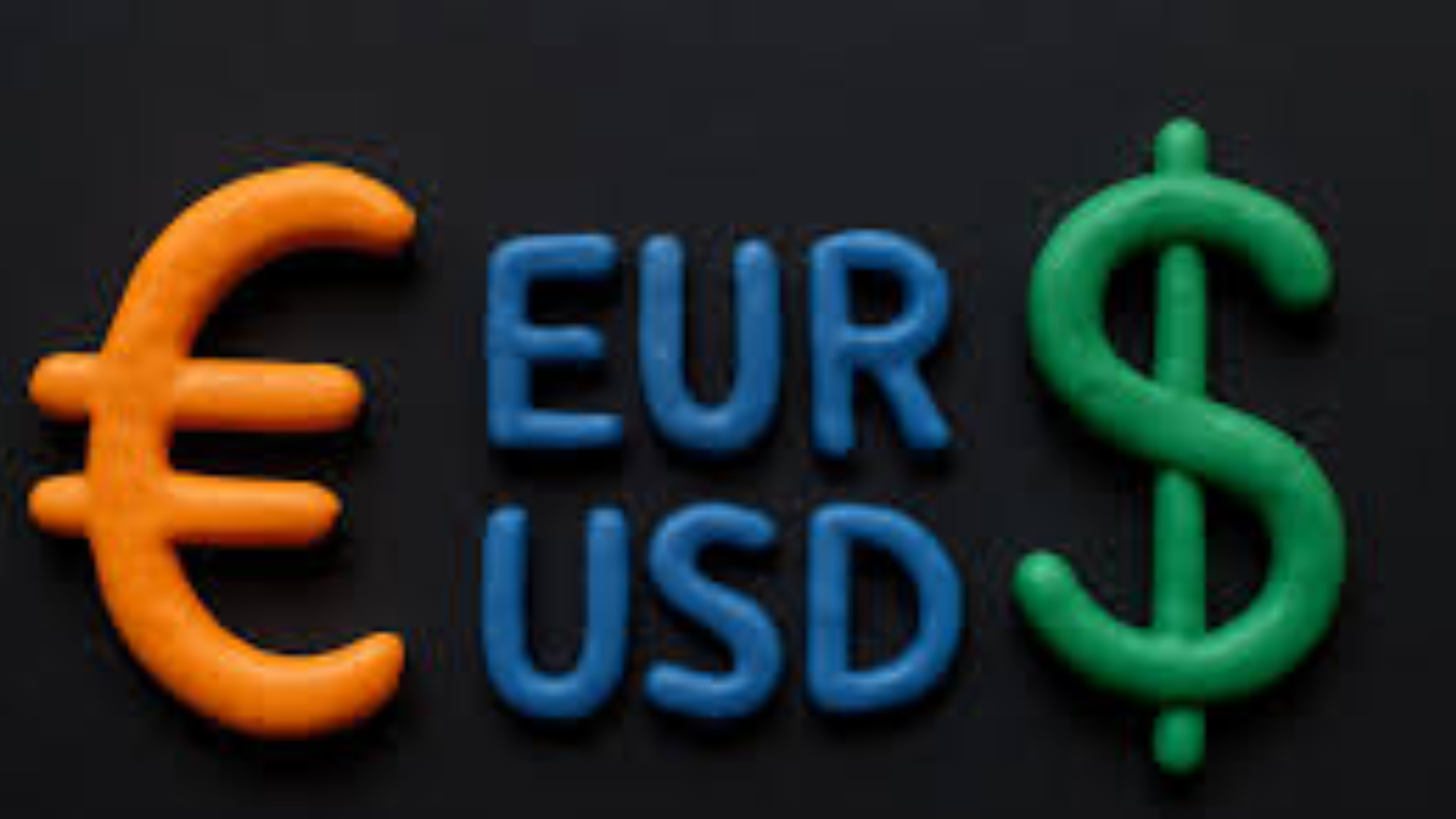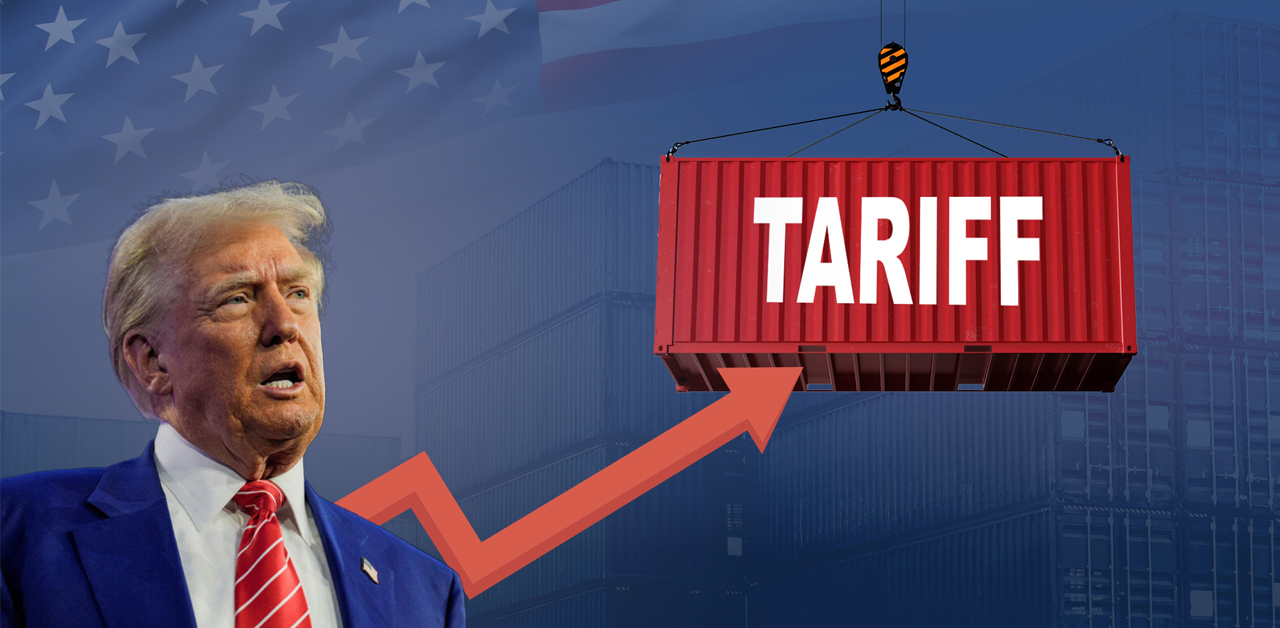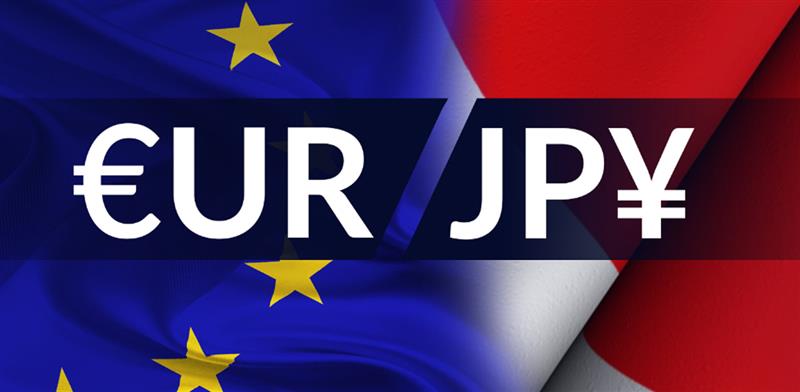USD/CHF Rises Above 0.9100 on Hawkish Fed Comments
The USD/CHF currency pair exhibited strength on Monday morning during the early European trading hours, buoyed by a shift in market sentiment concerning the U.S. interest rate outlook. Market participants are now anticipating fewer rate cuts from the Federal Reserve (Fed) this year, with expectations consolidating around just one or two adjustments.
This week, financial markets are keenly awaiting the release of key U.S. economic indicators that could influence Fed policy decisions going forward. Notably, the preliminary U.S. Gross Domestic Product (GDP) figures for the first quarter (Q1) and the Personal Consumption Expenditures (PCE) Price Index will take center stage, providing fresh insights into the economic landscape.
Investors are recalibrating their interest rate forecasts in light of a resilient U.S. economy coupled with persistent inflation pressures. Despite inflation retreating from the peak levels seen during the pandemic, recent data suggest it remains above the Fed’s comfort zone. This has prompted several Fed officials to advocate for a cautious approach to monetary easing. They favor maintaining higher interest rates for an extended period than initially expected, a stance reinforced by a series of unexpectedly high inflation readings.
This “high-for-longer” interest rate scenario has been supportive for the U.S. dollar, lending upward momentum to the USD/CHF pair. The dollar’s ascent is further backed by remarks from key Fed figures. On Friday, Chicago Fed President Austan Goolsbee indicated a potential delay in rate cuts, citing a “stalled” progress in reducing inflation to desired levels. Similarly, Atlanta Fed President Raphael Bostic has suggested that rate cuts might not occur until the end of the year, aligning with a more conservative monetary policy approach.
Meanwhile, the Swiss economic outlook also remains in focus. Swiss National Bank (SNB) Chairman Thomas Jordan recently emphasized the importance of prioritizing price stability in monetary policy decisions. He highlighted challenges such as low economic growth and high debt levels in many countries, which could influence Switzerland’s financial strategy.
Additionally, geopolitical developments could impact the financial markets. Rising tensions in the Middle East, especially between Israel and Iran, are likely to increase demand for safe-haven assets such as the Swiss Franc. This could potentially limit the upward trajectory of the USD/CHF pair by bolstering the Franc’s appeal during times of uncertainty.
In summary, the USD/CHF pair is navigating a complex landscape shaped by shifting Fed expectations, critical economic releases, and international tensions, all of which could dictate its performance in the near term.











